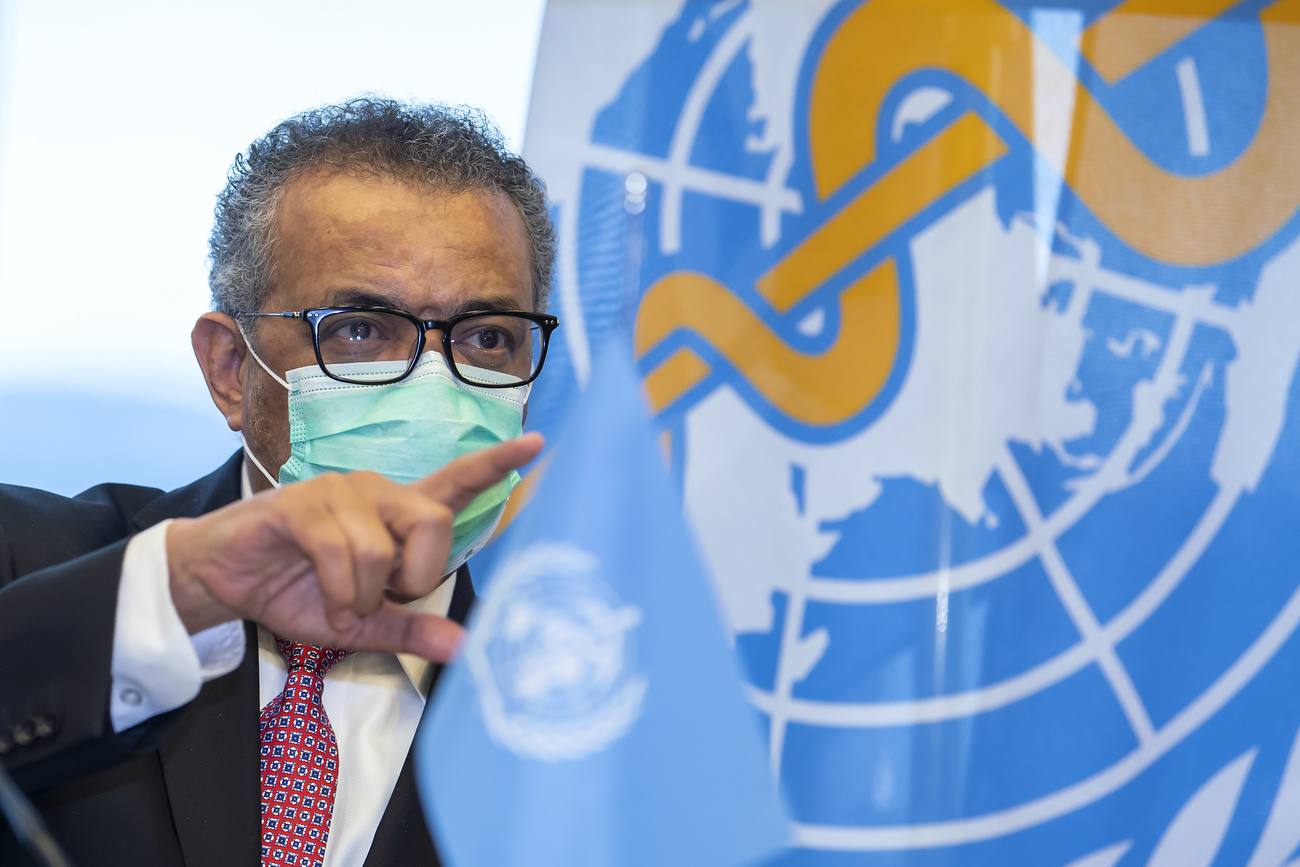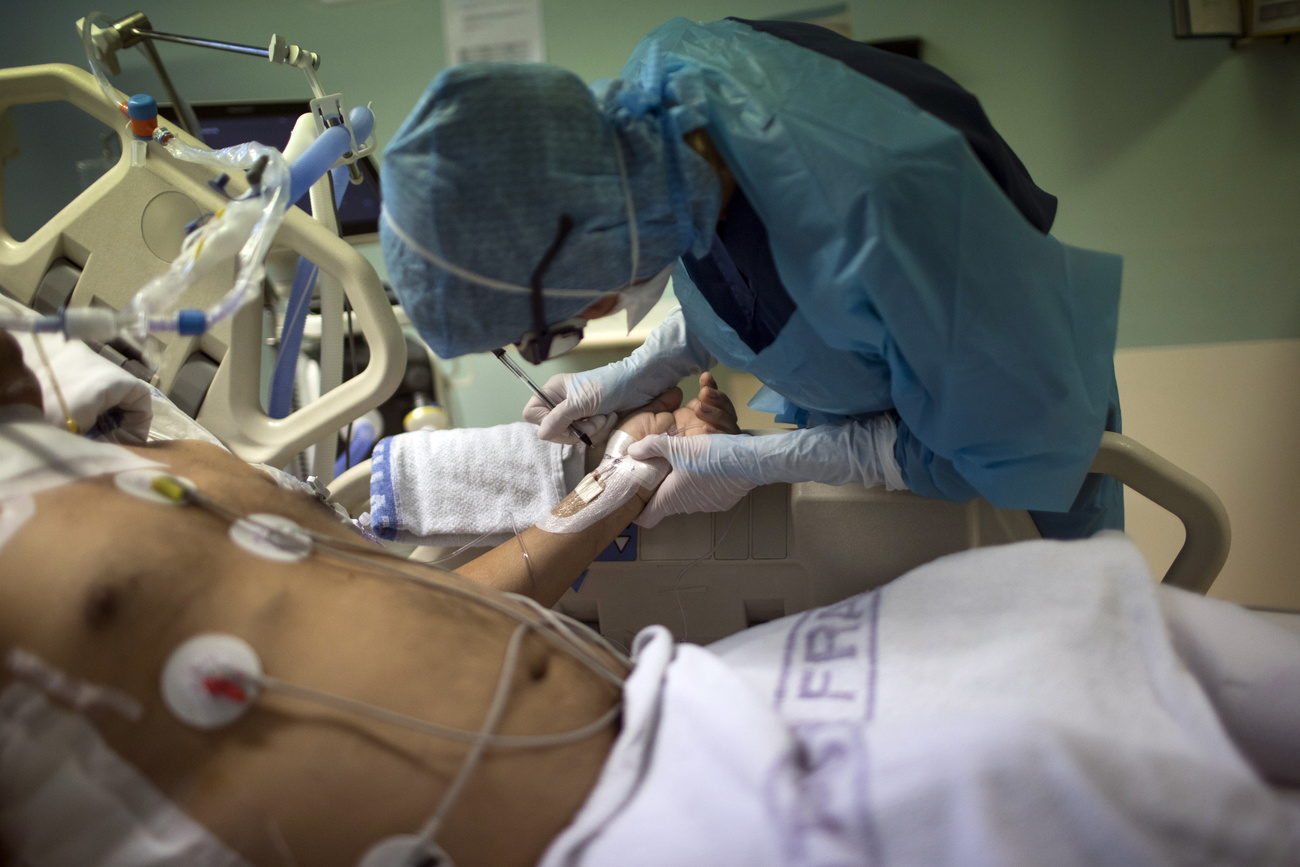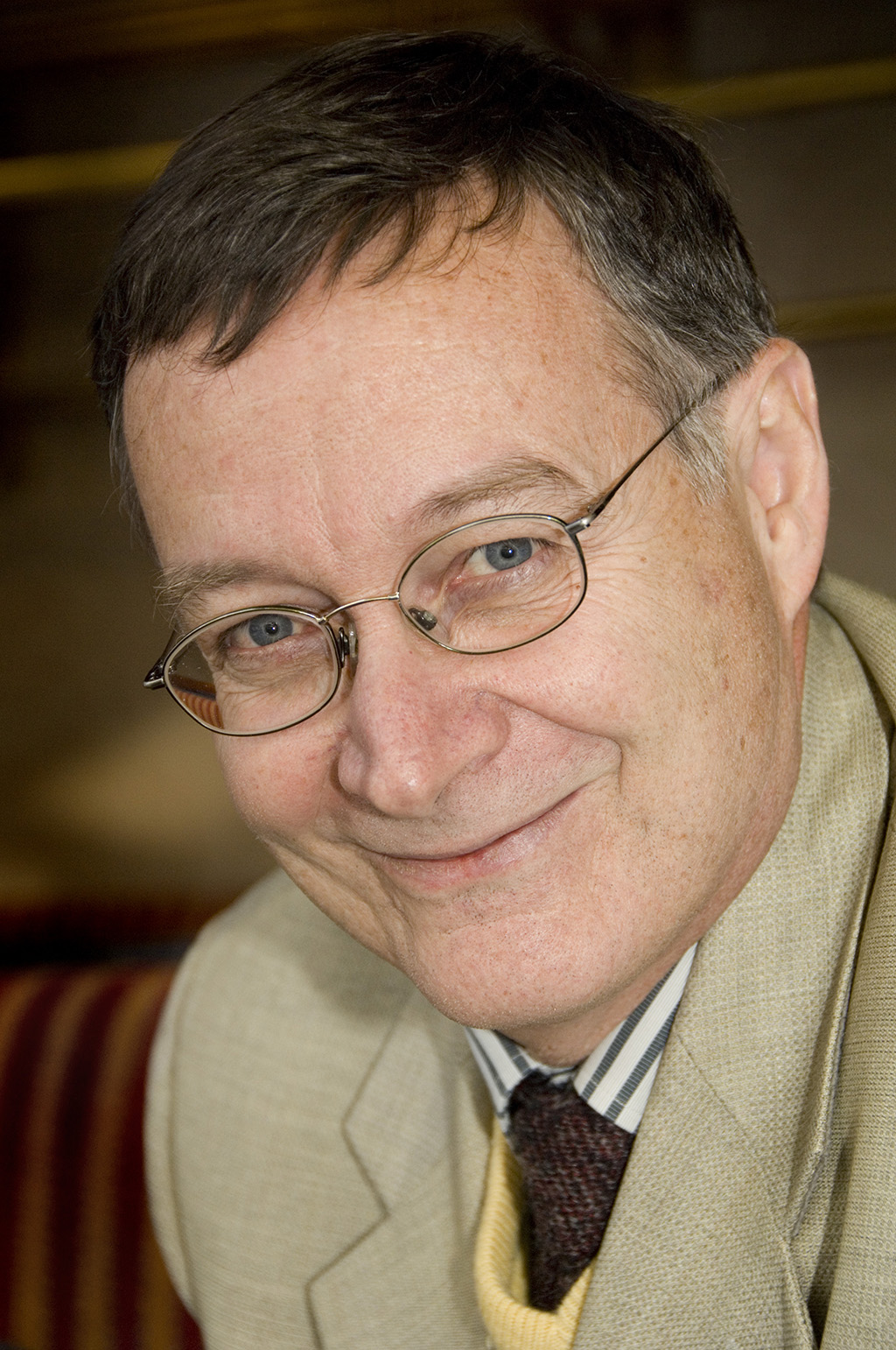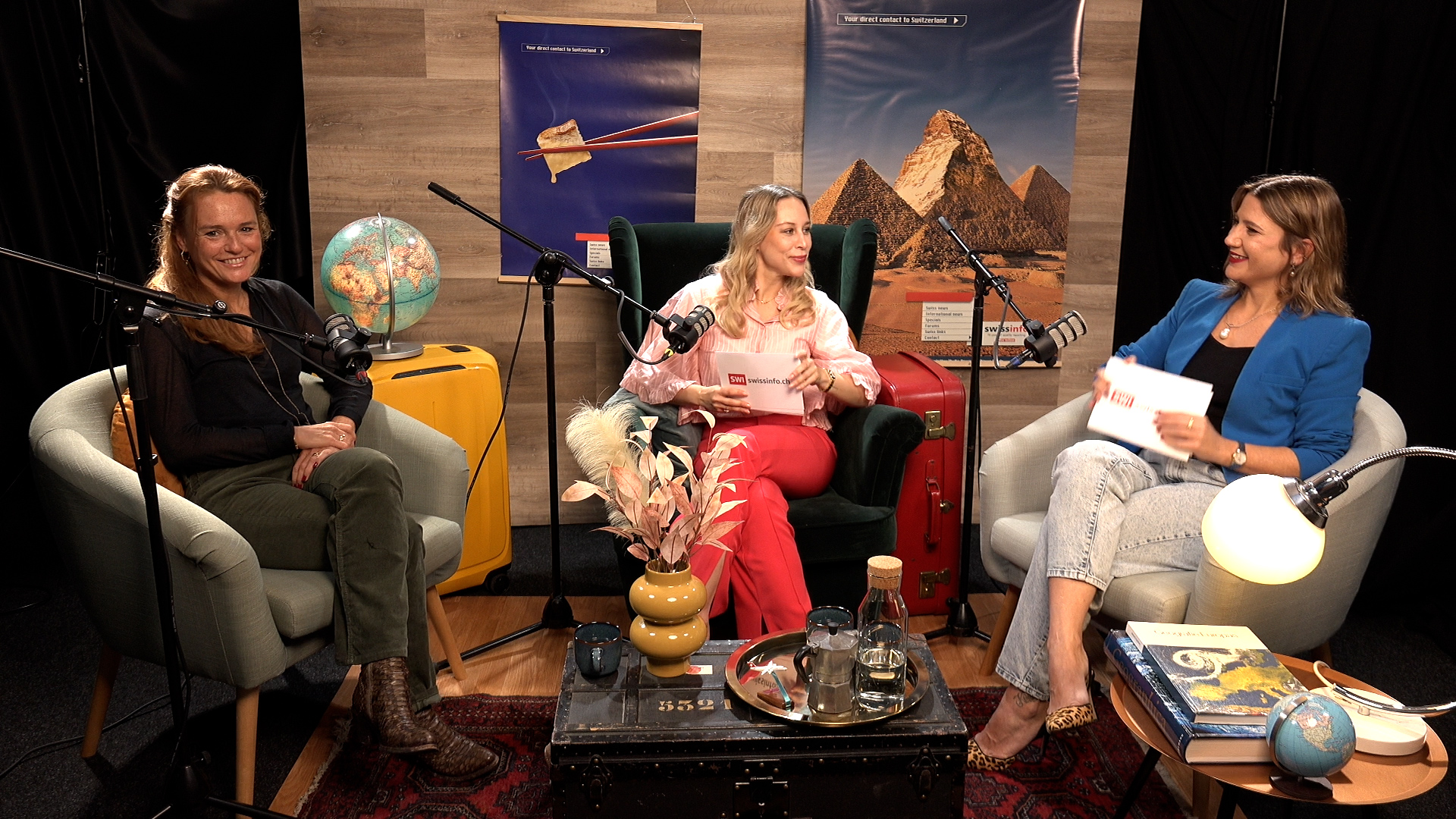
Treaty and better-funded WHO needed to meet pandemic threats

Member states of the Geneva-based World Health Organization (WHO) will consider an international treaty to boost pandemic preparedness. However, health expert Antoine Flahault argues that the WHO also requires budget reform so it has the adequate resources to fight future outbreaks of diseases.
On Monday, at the end of the WHO’s weeklong assembly of delegates from 194 member states, director-general, Tedros Adhanom Ghebreyesus, said the UN agency faced a “serious challenge” to maintain its Covid-19 response at the current level and required sustainable and flexible funding.
The delegates agreed External linkto meet at the end of November to hold discussions on a pandemic treaty, which would strengthen the capacity of both the WHO and countries to contain new viruses. Tedros said the treaty is “an idea whose time has come”.
In an interview with SWI swissinfo.ch, Antoine Flahault, the director of the Institute of Global Health at the University of Geneva, said such an agreement could result in member states finally “considering the health threat as a threat in its own right – like nuclear or chemical threats”.
A key part of the treaty would give the WHO the power to send investigators swiftly to chase down new disease outbreaks and to publish their full findings without delay.
SWI swissinfo.ch: What in your view were the main expectations from this year’s World Health Assembly, and how did the outcome live up to these expectations?
Antoine Flahault: There were expectations regarding the pandemic, and expectations regarding the WHO’s governance. And then there were expectations regarding non-pandemic issues, such as non-communicable diseases like diabetes. And then other resolutions that are part of the daily life of the WHO, whose responsibility is not only to deal with the Covid-19 pandemic.
The agenda was quite full, and the stakes were quite high. In particular, the governance aspects were important. One might have feared that member states would unload on the WHO the shortcomings that they had observed in the management of the crisis. This time, I had the impression that the internal reform of the WHO was avoided. There was little mention of it, and the focus was rather on points that had been outlined or addressed or even proposed by the Independent Panel, chaired by the Prime Ministers of Liberia and New Zealand on the governance part, the most political part of the resolutions of this WHA.

More
WHO prepares for fundamental Covid-induced reforms
SWI: What do you think of the decision to hold discussions in November on a pandemic treaty to strengthen the WHO in order to better contain disease outbreaks?
A. F.: The power would be given to the WHO for on-site inspections, which would be similar to that given for inspections of nuclear or chemical sites in the framework of nuclear and chemical disarmament treaties. This would mean finally considering the health threat as a threat in its own right – like the nuclear or chemical threats.
This would be a very big step forward, but I think that some countries are very reluctant to make any immediate progress. We can expect the negotiations to be quite tense.
We have all seen the failure of these initial fact-finding missions, or even the initial WHO missions that went to China very late and after long negotiations: on the composition, the date, the scope of the mission. All this could be avoided if the WHO had the mandate and could use it, especially in situations of very serious health crises. So that’s the first thing.
And the second thing that has not, in my opinion, led to any significant breakthrough is the WHO budget. The WHO budget, what we call “assessed contributions”, must at least double. And it is true that States that are emerging from a pandemic, from a major social and economic crisis in many countries, do not really want to increase their contributions today. The current total budget of the WHO is close to that of the Geneva University Hospitals (HUG). Distributed among 194 members, and even restricted to high-income countries, doubling WHO funding would not be a major financial burden.
The WHO is now very dependent on voluntary contributions – complementary contributions from States and is also dependent on contributions from non-state organizations. Philanthropic groups in a sense set the agenda for the WHO’s priorities whereas that should be the role of the WHO member states. And to do this, we must have adequate resources. At least the budget has been approved, but for the moment there has been no reform of it. These are perhaps the beginnings of a reform of the budget that will start when governance is also reformed. This pandemic treaty could be an opportunity for a profound revision of the WHO’s financing system.
SWI: If a pandemic treaty is agreed, will there be a need for a further review of WHO funding?
A. F.: Yes, I think there needs to be negotiations. The pressure on the need for a more balanced budget, a more independent budget, a more independent organization – all this needs to be explicit. And this year’s WHA didn’t say it completely, but still, the director general was able to mention it in his final speech. And that somewhat revised budget proposal should appear fairly quickly, at the latest by next year’s Assembly.
The good thing is that the pandemic treaty has not been postponed to the next assembly but has been postponed to an intermediate date that allows us to imagine that by the time of the World Health Assembly in May 2022, we may have a treaty that all countries can sign.

SWI: Without being a breakthrough, it is still a positive development.
A. F.: Yes, when we see that the current International Health Regulations (IHR), which were not very binding, not very demanding, took years to be discussed. It took the SARS crisis for it to be signed in 2005 – two years after the SARS crisis, which was still a small crisis compared to the current pandemic. The regulation had already been under review for several years and the countries could not agree on several points. So, I think that the UN is not very fast, but there is a real urgency because countries are beginning to realize the damage caused by this pandemic, which is far from over. And if we don’t have a treaty that gives the WHO, a multilateral organization, extended powers of inspection and coordination, then we will remain extremely vulnerable.
There is another thing that I found important. It is the notion of the manufacturing of health products which can be located in different parts of the world and which is also put under the auspices of the WHO. Not the manufacturing itself, of course, but the coordination of the location of sites, etc. All of this could make it possible to manufacture vaccines more quickly and more efficiently by the different WHO regions.
(Edited by Dale Bechtel, with input from Akiko Uehara)

In compliance with the JTI standards
More: SWI swissinfo.ch certified by the Journalism Trust Initiative
































You can find an overview of ongoing debates with our journalists here . Please join us!
If you want to start a conversation about a topic raised in this article or want to report factual errors, email us at english@swissinfo.ch.